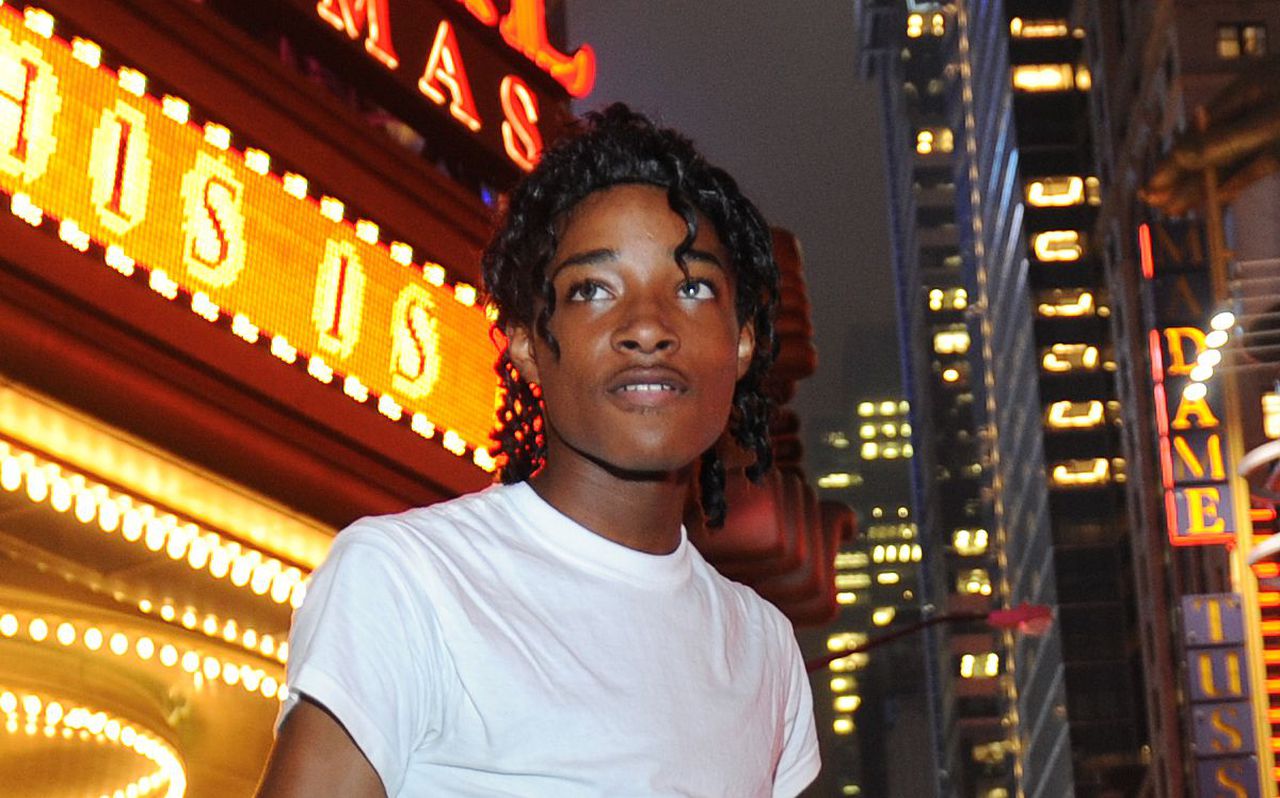âCompassion fatigueâ could harm unhoused folks in the wake of Jordan Neelyâs death
Advocates worry that the recent public deaths of Banko Brown and Jordan Neely will only exacerbate the “compassion fatigue” harming homeless communities as more cities enact criminalization efforts.
Loosely, compassion fatigue is defined as the frequent exposure to traumatic stories or events that gradually make people numb to them. Most Americans might relate to it in their responses to mass casualty events.
In the cases of Brown and Neely, two unhoused individuals struggling in some of the country’s largest metropolitan areas, support systems failed them.
30-year-old Neely died earlier this month after he boarded an F train in Manhattan. Nearby witnesses heard him shouting about being hungry and thirsty, adding that he didn’t care if he died. At a later point, 24-year-old ex-Marine Daniel Penny placed Neely in a chokehold, a move that ultimately resulted in the end of Neely’s life.
Attorneys for Penny previously stated that their client “never intended to harm Mr. Neely and could not have foreseen his untimely death.”
Based on media reports, passengers didn’t attempt to physically stop Penny. Life-saving measures were administered to Neely once police arrived, but it was too late. He was pronounced dead on May 1.
In April, 24-year-old Banko Brown, a transgender Black man, was suspected of shoplifting at a Walgreens downtown when security guard Michael Anthony confronted them.
Anthony repeatedly punched Brown in the face in an attempt to stop him from taking the items, believed to be snacks. Brown got up, grabbed the bag and proceeded to leave the pharmacy. That’s when Anthony pulled out his gun and shot him. The incident was caught on security footage.
Speaking to The San Francisco Standard earlier this month, Anthony said the following about the incident: “I’m still dealing with it, still don’t understand and don’t have time to reflect,” he stated.
“It’s not like I go through this many times. This is a life-changing matter.”
Donald Whitehead, executive director of the National Coalition for the Homeless, fears that incidents like these will dehumanize unhoused people.
As an example, he pointed to Daniel Penny’s ability to raise over $2 million for his defense fund. In comparison, a GoFundMe page for Neely’s funeral garnered under $200,000.
“There’s more compassion for the individual that killed this young man,” Whitehead said.
In some parts of the country, officials have made homelessness a crime. Whitehead estimates that over 168 cities have instituted criminalization practices.
Last year, Tennessee created a law making it a felony offense to sleep on public land. Missouri enacted a similar bill in January forbidding people experiencing homelessness to camp on state-owned land, making it a misdemeanor offense if caught doing so.
What’s more, both Portland and Los Angeles recently passed tent-living bans in some capacity.
“We have seen a lot more cities that we would consider progressive cities more toward criminalization,” Whitehead continued. “In my opinion, that move is directly related to compassion fatigue.”
Paul Boden, executive director of the Western Regional Advocacy Project, has been working in advocacy spaces for about 40 years. In all his experience, he said that compassion for homeless communities has never been so obsolete.
“It’s like, ‘we’re going to make these guys disappear. And we’re not going to bullshit about it,’” he said. “‘And I don’t care where they go. I don’t care whether they’re able to hang on to their belongings. I don’t care about any of that anymore.’”
Boden, who works in the Bay Area, is worried that officials there will move toward criminalization in the wake of Brown’s death.
San Francisco District Attorney Brooke Jenkins announced earlier this week that she would not pursue charges against Anthony, the security guard.
Still, he added, “I don’t think this is a catalyst. I would hope and I can see and hear it’s galvanizing those that find this egregious,” he said. “And hopefully not just temporarily.”
After the deaths of Brown and Neely, protestors took to the streets.
In Manhattan, multiple people were arrested during demonstrations. In San Francisco, activists took over Market Street and demonstrated outside of Jenkin’s office, unafraid to voice their anger over the city’s handling of Brown’s death.
